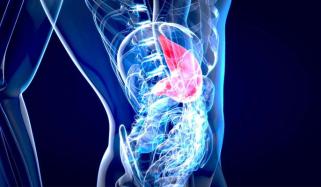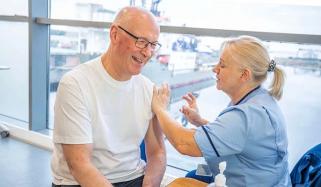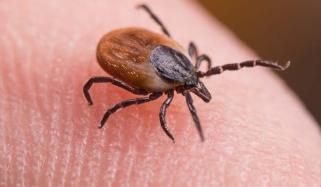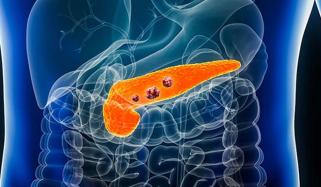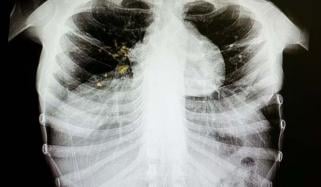
A recent UCLA study revealed that fewer than one in four eligible adults aged 45-49 underwent colorectal cancer screening following national guidelines that reduced the advised screening age from 50 to 45.
According to a study published in the Journal of the National Cancer Institute, the study highlights the major limitation in early detection during a time when colorectal cancer rates are rapidly increasing among younger adults.
Researchers expected that unmet social requirements, such as food insecurity, and lack of services may explain reduced screening uptake.
However, following adjusting for several factors such as income, age, insurance, education, and health status, these social challenges did not affect whether someone completed screening.
Lead author Dr. Katherine Chen highlighted the importance of spreading awareness, stating that media campaigns and policies improving access to preventive care may be necessary to identify cancers in the initial stages.
Researchers collected data from over 13,300 adults aged 45 to 49.
Only 22.5% people had been screened, slightly over 19.7% in 2021. Among those tested, 61% had colonoscopies, 32% took stool-based tests, and 7% used sigmoidoscopy or CT colonography.
Although unmet needs initially appeared associated with the reduced screening odds, the link disappeared following adjustments. The team mentioned that limited sample size, self-reporting bias, and missing data may have impacted the results.

